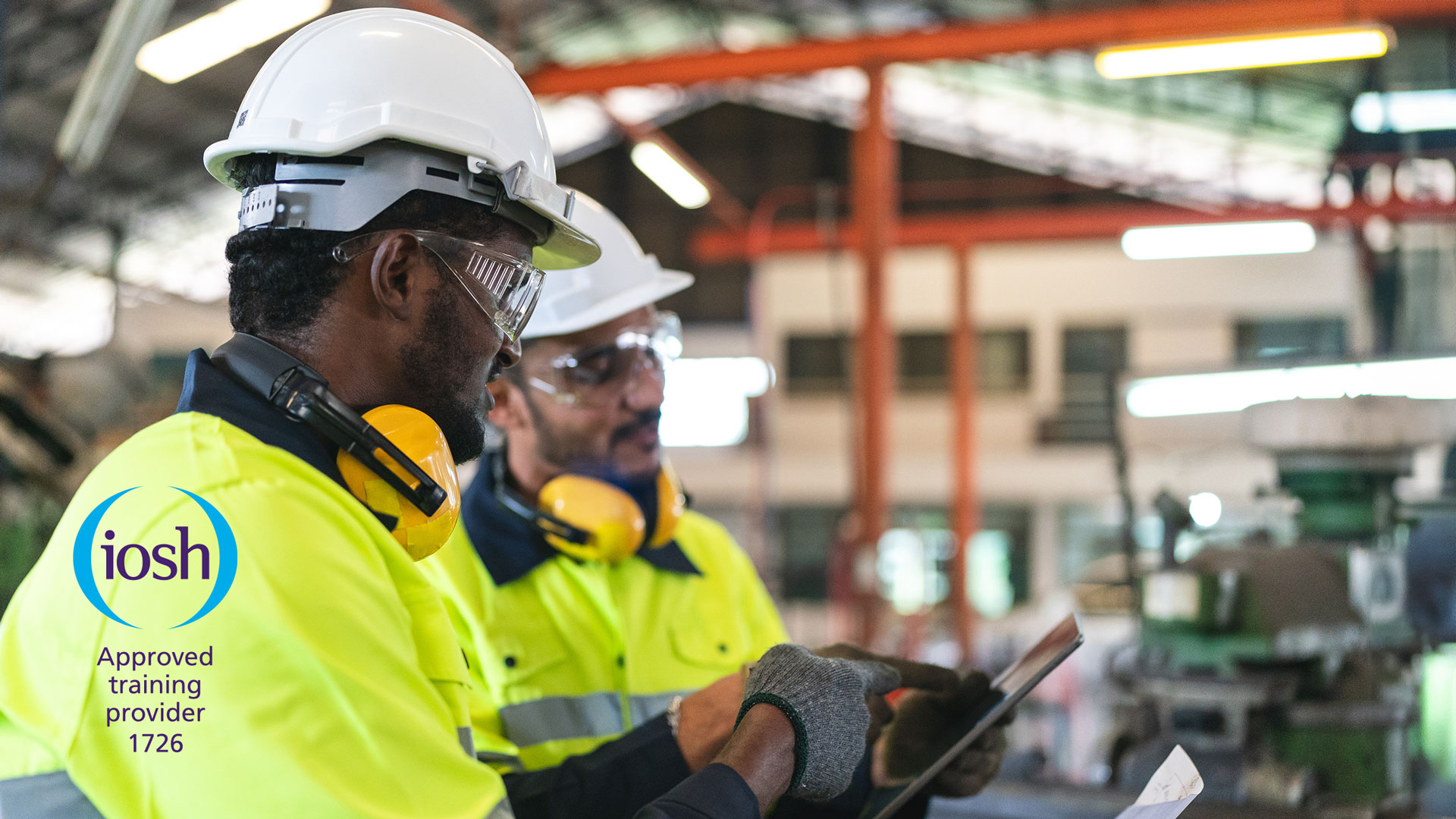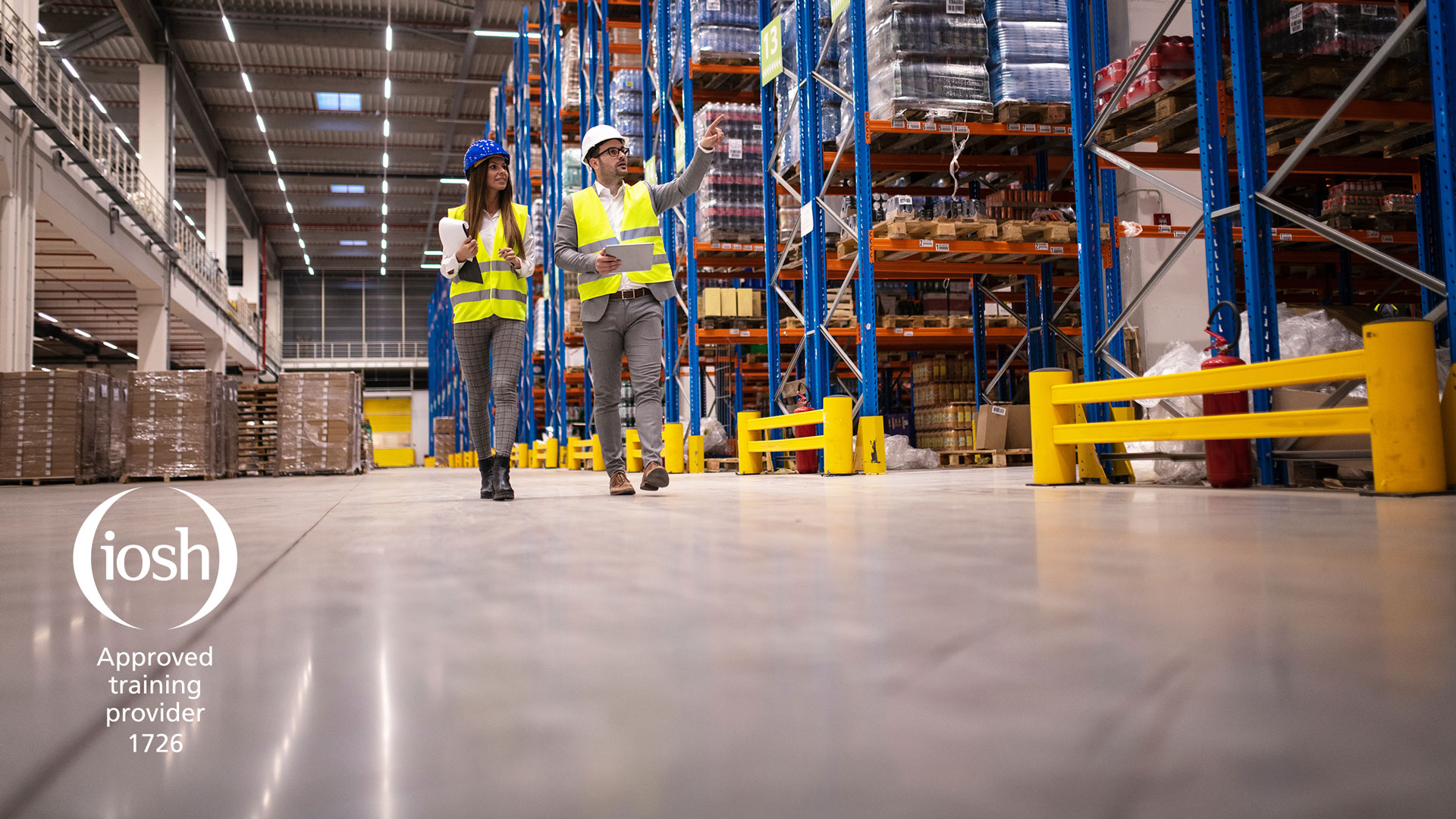Film industry figures are calling for health and safety to be made a priority to avoid any more lives being put at risk, the BBC reports. High-profile accidents, such as the death of Halyna Hutchins by a live bullet fired from a prop gun being used by actor Alec Baldwin on the set of Rust in 2021 have raised questions about the hazards involved for actors and crew members while shooting films and TV shows. More recently, a production company was fined after a stunt performer was injured during the filming of Fast and Furious 9: The Fast Saga.
Joe Watts sustained life-changing injuries after he fell approximately 25 feet onto the concrete floor below when the line on his stunt vest became detached at Warner Bros studios.
A Health and Safety Executive (HSE) investigation found several failings by FF9 Pictures Limited. Its risk assessment failed to address the potential issue of a rope snap or a link failure, and there was no system for double checking that the link had been properly engaged and tightened. There was also no system for checking the link for signs of deformation or stretching between takes. The manufacturer’s website stated that the link used was forbidden for use as PPE and shock loading should be avoided. On top of that, six-monthly inspections of harnesses were required but Mr Watts’ harness had not been inspected in the last six months and FF9 Pictures Limited did not extend the crash matting needed to mitigate the consequences of an unintended fall following changes to the set and the sequence of the stunt.
FF9 Pictures Limited pleaded guilty to breaching Section 3(1) of the Health and Safety at Work etc. Act 1974. The company was fined £800,000 and ordered to pay £14,752.85 in costs.
HSE inspector Roxanne Barker said:
“Mr Watts’ injuries were life-changing and he could have easily been killed. In stunt work, it is not about preventing a fall but minimising the risk of an injury.”
The president of the British Society of Cinematographers, Christopher Ross, says the dangers that come with the production of increasingly ambitious projects need to be addressed. He told BBC News:
"At its very simplest, you're just filming some people in a room and there is no health and safety requirement. Film sets nowadays are starting to look more and more like construction sites - all the rigging, towers, cranes... every minute of every day you're on a film set you will encounter dangers that you may not have been educated about and the film industry needs to take proper responsibility for that."
The BBC advises that the industry uses large numbers of independent companies and freelancers and it is sometimes difficult to decide who the employer is.
In the majority of cases, the employer will be the producer or production company. There is a duty upon them to provide a safe working environment for their workers, but experiences are varied.
The HSE has guidance for production companies but there are calls for more standardised training and regulation so that everyone is doing the same thing.
Similar to a construction site, the HSE says the production company should:
- Only undertake work for which it has been adequately funded.
- Produce a written health and safety policy statement, including an organisation section detailing who is responsible for what, and an arrangements section, including the procedures for risk assessment and monitoring of performance.
- Clearly identify who has control of the premises, location and facilities.
- Use only competent staff, freelances and contractors (vetting and selection should include enquiries regarding health and safety competence).
- Ensure that contractors and freelances are formally appointed and that company standards are clearly communicated to them (e.g. terms of trades, contractor rules, health and safety procedures).
- Identify any additional training needs of staff and freelancers and ensure these are met before production commences.
- Ensure that contractors are provided with adequate information about the planned production activity so that they in turn can establish safe systems of work based on risk assessment (they may need to be invited along to any recces and production meetings as required).
- Ensure that specialist advice is taken and implemented where necessary.
- Ensure that a full risk assessment is undertaken for all activities under the control of the production, the appropriate controls are implemented for all identified risks and the significant findings of the assessment are recorded.
- Ensure appropriate exchange of information regarding risk assessments between production and all affected parties (this might include local authorities, police or residents).
- Ensure adequate coordination and communication between the various parties involved in the production.
- Ensure that work begins only when adequate preparations have been made, including full assessment of all risks, selection of competent contractors and other production crew, clear assignment of responsibilities and rehearsals where necessary.
- Ensure that all work throughout the life of a production is undertaken safely, in line with any company standards and/or the standards established by risk assessments (including those from contractors).
- Ensure that staff and freelance employees are adequately informed and supervised throughout the production.
- Report all accidents and reportable incidents, in line with company/production policy and legal requirements.
- Communicate any changes that are likely to affect health and safety standards in the production clearly and with the maximum notice possible.
- Monitor health and safety performance throughout the production.
- Implement effective remedial action for any shortcomings in performance.
- Ensure that any concerns with the health and safety performance of employees, freelance staff and contractors are addressed and communicated as appropriate.
- Consult and involve employees in health and safety matters.
- Ensure that working hours are managed effectively throughout all production activities.
Concluding, Christopher Ross told the BBC:
"I would love for there not to be another death on a film set. That would be a great legacy - if everybody can combine so that no one else dies on a film set unnecessarily and no one else is injured in a life-changing way on a film set. All of the corporate bodies and all of the government bodies need to act in order to make this change. And if that requires a high-level change of law - if that's what it takes, that's what it takes."
You may also be interested in
RELATED CONTENT
RELATED CONTENT

Introduction to health and safety gives learners a basic introduction to managing safety in their workplace.

The world’s best-known health and safety certificate, designed for managers and supervisors in any sector or organisation.

IOSH Working Safely is a one-day introductory health and safety training course for people at any level, in any sector.

IOSH Managing Safely Refresher is designed to provide continued support to managers dealing with workplace health and safety issues.

Health and safety at work is a serious business; getting it wrong could end up costing someone their life. It stands to reason that there should be so...

The legal term ‘reasonably practicable’ plays a crucial role in determining the level of care and precautions required in different areas of law, such...

Vicarious liability can be a formidable challenge for employers, causing responsibility to extend beyond the individual and creating shared accountabi...

Although we are edging closer to spring, many of us are still being affected by wintery weather and the shorter daylight hours. So, what can you do to...